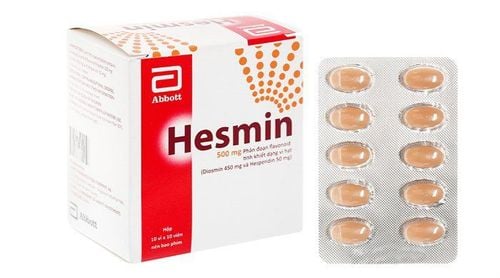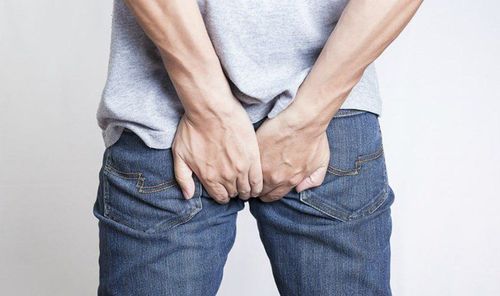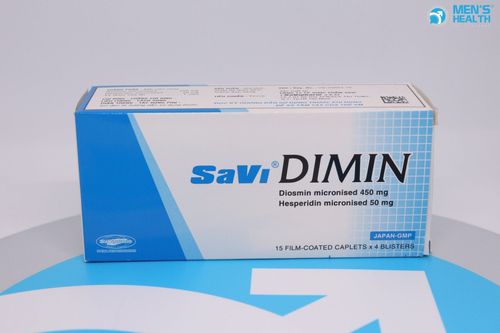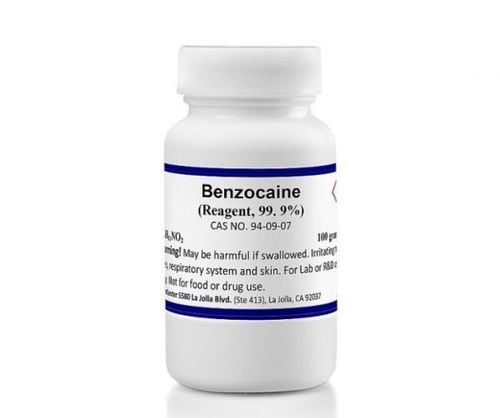This is an automatically translated article.
The article is professionally consulted by Master, Doctor Trinh Thi Phuong Nga - Radiologist - Department of Diagnostic Imaging and Nuclear Medicine - Vinmec Times City International Hospital. The doctor has nearly 20 years of experience in diagnostic imaging.Magnetic resonance is a method to evaluate and classify anal fistula. Magnetic resonance imaging has many advantages in accurately describing the perianal anatomical region, assessing the relationship between the fistula and the pelvic muscles (anal sphincter ...), pelvis and rectal fossa. . This is an important method to help doctors analyze and give the most appropriate treatment.
1. Anal fistula is what disease?
Anal fistula is a chronic infection in the anorectal region, anal fistula is a tunnel created by the chronic inflammatory process, so it forms granular tissue inside the fistula.Anal fistula has many classifications as follows:
Complete fistula: The inner and outer holes communicate through the fistula. Incomplete leak: The fistula has only one hole, also known as a single leak. Complicated fistula: The fistula zigzags with many nooks and crannies, many openings to the skin, also known as horseshoe fistula. Simple fistula: Straight fistula - few nooks and crannies. Fistula in the sphincter: As a superficial fistula, treatment usually gives good results, with little recurrence. Transsphincter fistula: The fistula passes through the sphincter and is the result of an abscess in the rectal fossa. External sphincter fistula: The result of an abscess in the pelvic region of the rectum. Anal fistula is the result of an untreated perianal abscess resulting in rupture, leakage, and fistula formation. Therefore, to prevent anal fistula, it is necessary to detect and treat well the types of peri-rectal abscess. Besides, some other causes of anal fistula include:
Surgical anal fistula: Prostate surgery, episiotomy, hemorrhoidectomy, ... if not handled, done well can cause anal fistula complications. Anal infection: The cause of anal infection is caused by a number of bacteria (E.coli, rectal bacteria, staphylococcus,...) increasing the risk of anal fistula formation. Improper hygiene: The anus is the place where waste is brought to the outside environment, so if it is not cleaned, it will create favorable conditions for bacteria to enter, causing infection and the formation of anal fistula.
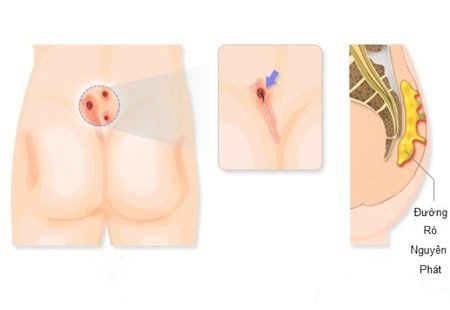
Swollen anus: Swollen lumps can be palpated around the anus, if you press on it, you will see it. pain. Swelling may also be present in the fistula. Anal abscess : A collection of pus called an abscess occurs. Abscesses, if not treated thoroughly, will form fistulas and are more difficult to treat. Anal itching: Due to pus-producing inflammation causing superinfection, the patient often itch the anus. If left for a long time, this condition is more serious, making the patient want to scratch non-stop. Burning pain around the anus, pus, fissures: The anus is red, swollen, and painful. When pus in the anus is broken, this will subside but will appear after a while. Systemic symptoms: If anal fistula occurs, the patient will have systemic symptoms such as fever, endocrine disorders, and weakness. Anal fistula is a disease that does not pose a direct danger to the patient's life, but if the disease becomes severe and complicated, the patient may face serious consequences such as:
Infection, causing Health effects: Anal fistula will cause abdominal pain, loss of appetite, weight loss and serious health effects. In addition, the condition of ulcers, pus discharge should lead to infection, reduce resistance, make the patient anemic, increase the risk of blood infection, threatening the patient's life. Reduced quality of life: When anal fistula occurs, patients often have psychological fatigue, depression, significantly reducing quality of life.
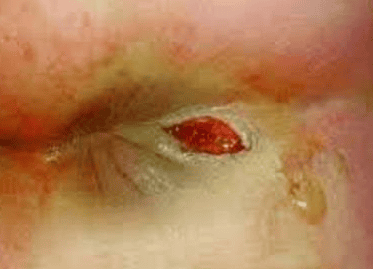
2. Purpose of reading anal fistula magnetic resonance results
Magnetic resonance is a method to evaluate and classify anal fistula. Anal fistula magnetic resonance imaging has many advantages in accurately describing the perianal anatomy, assessing the relationship between the fistula and the pelvic and rectal fossa. This is an important method to help doctors analyze and give results based on images through each thin slice of the pelvis. Thereby, your fistula will be classified according to the existing classification table. The reading of anal fistula magnetic resonance results is intended to:Evaluate the overview between the fistula and adjacent structures. Magnetic resonance anal fistula helps to identify internal orifice and associated lesions Assess primary or secondary fistulae, fluid collection, inflammatory lesions and location of abscess (intersphincteric fossa, stoma – TT, sitting hole HM).
3. Methods of treating anal fistula
There are currently 2 methods applied in the treatment of anal fistula. Specifically:Medical method (conservative method): This method is usually indicated for patients who have just had the disease in the early stages.
Use oral and topical medications to inhibit the growth of bacteria, speed up wound healing. In addition to drug treatment, the patient must strictly follow the instructions and abstinence of the doctor. Surgical method: Treatment of anal fistula by surgical method is often applied to patients with severe anal fistula that is difficult to treat with drugs.
Excision of the fistula and suture of the severed sphincter or laser surgery. Change the mucosal flap to cover the hole in the anal fistula Fill the fistula by using special glue Fistula surgery: Surgery to cut along The entire length of the fistula is left open and the wound heals. Seton Technique: If the fistula penetrates the anal sphincter, it may be advisable to insert a seton to help the fistula drain before any other procedure is performed. As with any other treatment, anal fistula can be treated. cause infection, recurrent fistula, and fecal incontinence. The risk of complications also depends on factors such as the location of the fistula, the cause of its formation. Therefore, after surgery, if the patient feels anal pain, wants to push, has bowel disorders, has an infectious fever, etc., he or she needs to go to a medical facility for timely remedy.
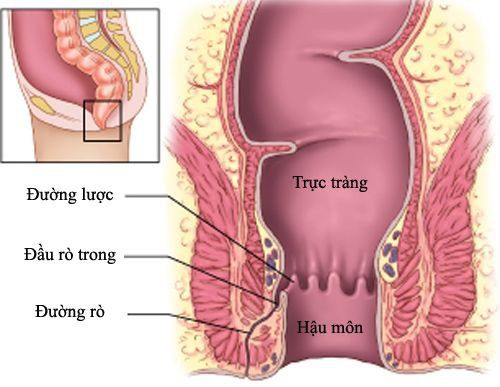
Please dial HOTLINE for more information or register for an appointment HERE. Download MyVinmec app to make appointments faster and to manage your bookings easily.
SEE MORE
Anal fistula Anal fissure Anal Herpes: Symptoms, treatment





